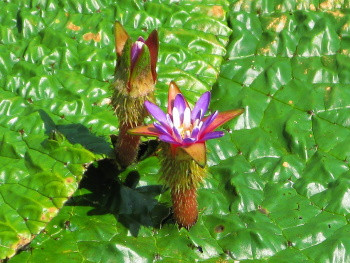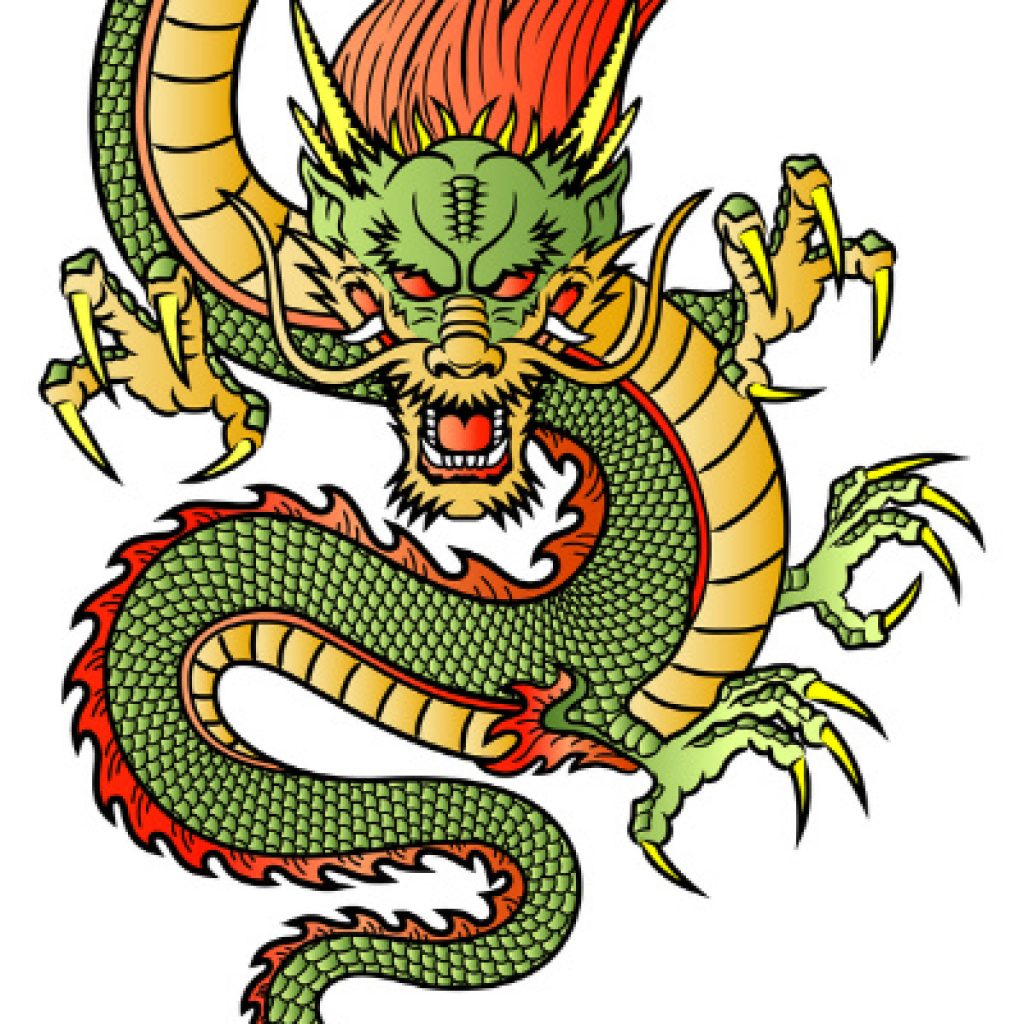Some spoilers to the ideas behind Waterlily. Please do not read this message or click on any "Details" tags without first reading the story, here: Waterlily.
These spoilers will be layered. If you have any interest in chasing the hints, uncover them in order. Note: I do not speak or read Chinese at all. Everything here comes from diving into a rabbit hole with Google by my side. There may be errors, potentially very major ones. If you feel like following me down the rabbit hole, check out the hints. Google is your friend (in this case!).
First hint:
芡
Second hint:
Googling the above character, 芡 (which is in both simplified and traditional Chinese characters and Japanese kanji) should bring up a definition page in Wiktionary.
Third hint:
芡 Wiktionary. Scroll down to "Mandarin" in pronunciation, then read definition 1.
Major spoilers follow!
Names:
I had an idea for a story before setting keyboard to display. The final story was very much what I'd envisioned at the start (which is unusual) and was not affected by the choices of the protagonists' names. I found the names after much searching from lists of medieval Chinese names, especially those of heroes, royalty. etc. Finding the names did not change the story. I deliberately chose non-compound names since I wasn't comfortable creating new names. Fulei was straightforward. It's the name of a thirteenth century artist. It might mean "abundant pile of rocks", but I doubt it.
Qian's name was harder to choose. As you'll realize toward the end, Qian is more central to the story than she initially appears. I wanted her name to represent one of her aspects. When I found Qian, which means Waterlily, I knew that I'd found the name not only of the girl, but of the story. The waterlilies that Fulei swims among are something of a misdirection / embellishment. A waterlily is a naturally occurring lake plant, which would certainly be found in the mountain lake. But the titular waterlily is Qian, the spirit of water.
I love "spoilers after the fact" - those clues which, if you had known them, would have changed your understanding of the story in advance. "The Sixth Sense" is chock full of them, of course. Watching the movie a second time is a very different experience of a very different movie than the first viewing. Well, my goal was to hide Qian's true nature until as close to the end as possible. My beta reader suspected that she was a weather witch when the wind rose. That's an ideal result. She didn't make the connection between Qian and "the lord of the mountain" until the end. Making the connection at the dragon's appearance would be a different experience of the story, but still a good one. Figuring it out before the battle would be undesirable. If you knew that Waterlily was Qian; that she was named in the title, and had a connection with water, you might well understand that she's more than she appears. But you'd have to fall down the Chinese name rabbit hole with me to do that.
Additional deliberate "spoilers after the fact":
- Qian has seen the lord of the mountain "Long ago. In the water, and never out of it." Allowing for the deliberate ambiguity around the dragon's gender, she's clearly telling Fulei that she has seen her own reflection in the lake.
- Fresh fish appeared without Qian going fishing. Dragons, especially water dragons, hunt fish. Qian had done that in her other form while Fulei was swimming, which is why he felt he was being watched.
- Obviously, she's much older than she seems. My guess would be that she's older than the mountain path. Her family has cared for the mountain for a long time.
- Her ability to survive a harsh winter is less surprising when you consider her resources.
- Fulei's visionary master sent him to serve the lord of the mountain. Although he doesn't understand how he's going to serve a dragon who seems to be absent, he actually began to serve the lady of the mountain on his first day with her.
- While Qian doesn't admit to seeing "the lord of the mountain" she does tell Fulei that she saw the water "taking life and crashing against the path," because of course she did,
Stick Fighting:
Fulei is a Taoist monk, which became more significant than it initially was. As far as I can discover, Taoist monks were not / are not stick fighters. Shaolin monks fight with staves, but they are Buddhist. So it's unlikely that Fulei would be both a Taoist and a stave fighter. That connection is fictional. On the other hand, it's unlikely that if you were to travel to China either now or in the fourteenth century you would meet a dragon. They're also fictional, and so it doesn't especially bother me that Fulei's order is as mythical as a dragon.
I'm a little more concerned about Fulei's ready acceptance of Qian's suggestion that he lie with her. I don't think either a Shaolin or Taoist monk would consider his vows of celibacy to be ended by serving a new master. But then, Fulei is human, and he also feels drawn to Qian, so I still think I can argue for Fulei's "fall" without implying that the order he serves would generally be prone to being seduced.
Dragons:
I was surprised to discover that not all dragons breathe fire. Chinese dragons rarely or never do so. They are deities, local or regional, and have the power to adjust the conditions of their area. In that sense, Qian is a weather witch, although perhaps exerting more direct control than a witch usually would.
I was also surprised to learn that Chinese dragons are generally wingless, though they do fly by their magic. That required something of a rewrite.
The discovery that surprised me:
When I selected the name Qian, I knew that it meant waterlily, but wasn't aware at that point that it's a specific kind of waterlily: a "prickly water lily," Euryale ferox. The image comes up often when you search for 芡. Follow the link to the Wiktionary page above and scroll down to the link to Euryale ferox, Doesn't the image there look very much like a dragon?
It seems that Qian's nature was known before I ever wrote the story!
This is definitely not the waterlily swaths that Fulei swam among. It's solely Qian. (The upper bud is even mildly suggestive, ideal for this story.)
I think that if I'd known of this identification before writing Waterlily, I'd have made Qian a little more prickly. But it's a minor quibble for something so perfectly serendipitous.
芡 (Qian)

Chinese Dragons
